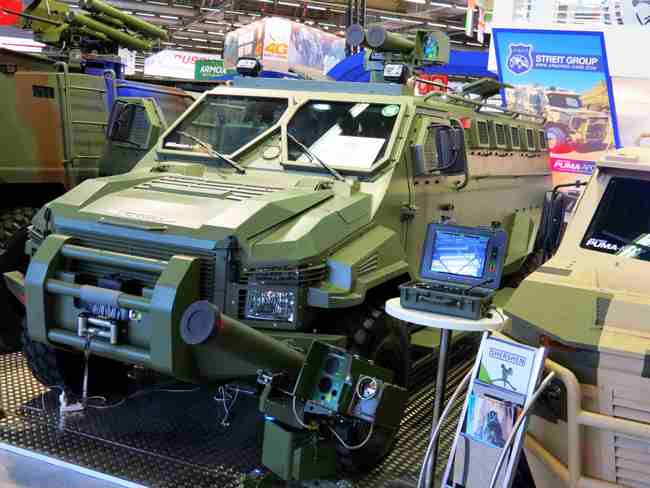 Russia's post-Soviet security bloc will work to build up the capacity of other member states to produce substitutes for Ukrainian weaponry, the bloc's top official announced.
Russia's post-Soviet security bloc will work to build up the capacity of other member states to produce substitutes for Ukrainian weaponry, the bloc's top official announced.
 Russia's post-Soviet security bloc will work to build up the capacity of other member states to produce substitutes for Ukrainian weaponry, the bloc's top official announced.
Russia's post-Soviet security bloc will work to build up the capacity of other member states to produce substitutes for Ukrainian weaponry, the bloc's top official announced.
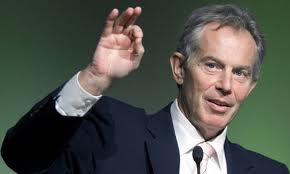 Conservative MPs in Britain will today launch a campaign to force Tony Blair to reveal how much he earns - and continue to declare who pays him for the rest of his life. The Tory MP Andrew Bridgen is tabling a Commons motion arguing that the rules that apply to serving MPs about disclosing their income should also apply to former prime ministers.
Conservative MPs in Britain will today launch a campaign to force Tony Blair to reveal how much he earns - and continue to declare who pays him for the rest of his life. The Tory MP Andrew Bridgen is tabling a Commons motion arguing that the rules that apply to serving MPs about disclosing their income should also apply to former prime ministers.
 In this instalment of our series looking at Russia's relations with the countries along its border, we reach Kazakhstan, Moscow's closest ally in central Asia. Region specialist Julia Kusznir tells a story of two countries bound together by mutual dependency, but with one or two telling cracks at the edges.
In this instalment of our series looking at Russia's relations with the countries along its border, we reach Kazakhstan, Moscow's closest ally in central Asia. Region specialist Julia Kusznir tells a story of two countries bound together by mutual dependency, but with one or two telling cracks at the edges.
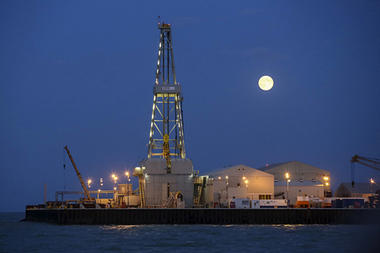 In the current volatile energy market, Italy has again bet big on hydrocarbon-rich Kazakhstan, trying to re-cement its cooperation with the Central Asian republic. The bilateral partnership had been strained over the past two years by delays with the large-scale Kashagan oil field development venture, and the fallout from a diplomatic scandal.
In the current volatile energy market, Italy has again bet big on hydrocarbon-rich Kazakhstan, trying to re-cement its cooperation with the Central Asian republic. The bilateral partnership had been strained over the past two years by delays with the large-scale Kashagan oil field development venture, and the fallout from a diplomatic scandal.
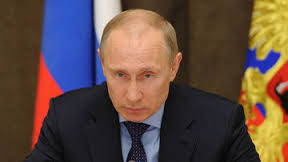 To get a sense of why the world this month welcomed the Eurasian Economic Union with such resounding silence, look back to late August. As his country began its ongoing march into economic crumble, Russian President Vladimir Putin fielded a question at the Seliger Youth Camp. A young woman wanted the president's thoughts on the geopolitical turbulence surrounding Russia—not from the Russia-backed separatists scorching eastern Ukraine, but from apparently ignorant Kazakhs to the south.
To get a sense of why the world this month welcomed the Eurasian Economic Union with such resounding silence, look back to late August. As his country began its ongoing march into economic crumble, Russian President Vladimir Putin fielded a question at the Seliger Youth Camp. A young woman wanted the president's thoughts on the geopolitical turbulence surrounding Russia—not from the Russia-backed separatists scorching eastern Ukraine, but from apparently ignorant Kazakhs to the south.
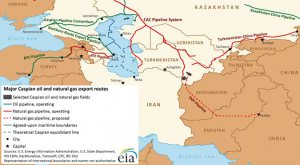 Kazakhstan, an oil producer since 1911, has the second-largest oil reserves as well as the second-largest oil production among the former Soviet republics after Russia.
Kazakhstan, an oil producer since 1911, has the second-largest oil reserves as well as the second-largest oil production among the former Soviet republics after Russia.
 In Kazakhstan, the most telling sign that investors are bracing for another currency devaluation is their refusal to part with dollars. Exporters and other holders of the greenback are turning to the currency swaps market for contracts that allow them to obtain the local currency they need without having to sell their dollars outright. Volumes in such deals reached a daily average of $2 billion this month, five times more than in all of last year, according to Kazakhstan stock exchange data.
In Kazakhstan, the most telling sign that investors are bracing for another currency devaluation is their refusal to part with dollars. Exporters and other holders of the greenback are turning to the currency swaps market for contracts that allow them to obtain the local currency they need without having to sell their dollars outright. Volumes in such deals reached a daily average of $2 billion this month, five times more than in all of last year, according to Kazakhstan stock exchange data.